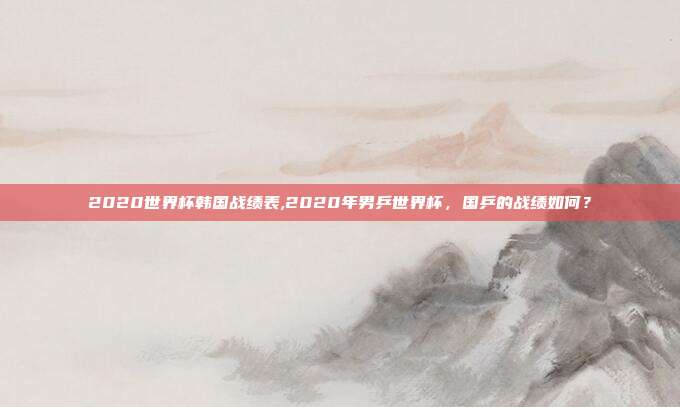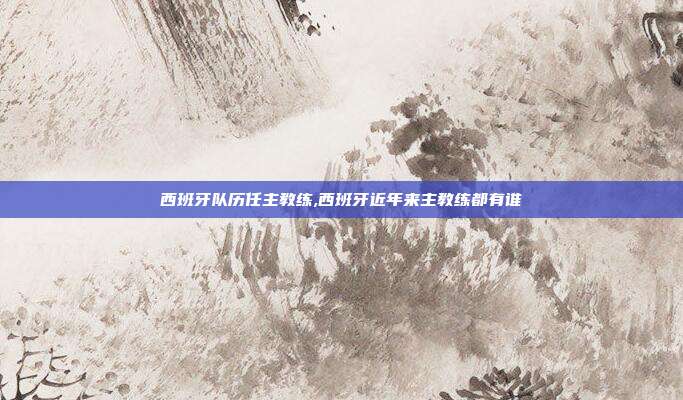 原标题:Tracing the Roots of Football: An English Language Exploration and Its Chinese Translation
原标题:Tracing the Roots of Football: An English Language Exploration and Its Chinese Translation
导读:
文章探讨了足球术语的起源与演变,及其翻译成中文时所面临的挑战。通过英语视角审视足球的历史和文化意义,同时展示了关键术语如何在跨文化交流中被准确传达,强调了语言在这一全球性运动中...
### Tracing the Roots of Football: An English Language Exploration and Its Chinese Translation

#### Introduction
In a world where the beautiful game of football unites millions across continents, it is fascinating to delve into the linguistic tapestry that has woven this sport into the fabric of our global culture. This article explores the origins and evolution of football through the lens of the English language and its translation into Chinese, uncovering the rich history and cultural significance behind the sport’s terminology.
#### The Birth of Football and Its Terminology
The roots of football can be traced back to ancient civilizations, with games resembling modern football played in various forms across different cultures. However, it was in England during the 19th century that the rules began to formalize, leading to the birth of what we now recognize as football. The English language, being the lingua franca of the sport, has played a pivotal role in shaping the way football is communicated and understood worldwide.

**Origins of Key Terms:**
- **Goal:** Originally meaning an object or target, the term "goal" in football refers to scoring points by getting the ball into the opponent’s net.
- **Offside:** This rule, designed to prevent players from gaining an unfair advantage by waiting near the opponent’s goal, was first introduced in 1863.
- **Penalty:** Derived from the Latin word *poena*, meaning "punishment," penalties are awarded when a foul occurs within the penalty area.
#### The Evolution of Football Terminology
As football spread globally, so did the language surrounding it. Innovations in the sport, such as the introduction of the back-pass rule in 1992, have led to new terms and phrases entering the lexicon. For example, the phrase "back-pass rule" itself became part of football jargon, referring to the prohibition of goalkeepers handling the ball directly from a pass by a teammate.
**Key Phrases and Their Meanings:**
- **Hat-trick:** Originating from cricket, a hat-trick in football means scoring three goals in a single match.
- **Own Goal:** When a player inadvertently scores in their own team’s goal, it is referred to as an own goal, often leading to mixed emotions among fans and players alike.
- **Golden Goal:** Introduced in 1993, the golden goal rule meant that if a team scored during extra time, the match would end immediately, awarding them victory.
#### Translating Football into Chinese
The translation of football terminology into Chinese not only involves linguistic challenges but also cultural nuances. Chinese translators must ensure that the translated terms capture the essence of the original English while remaining accessible and understandable to a Chinese-speaking audience.

**Examples of Translations:**
- **Goal (进球):** The Chinese term for "goal" is straightforward and directly translates as "entering the goal."
- **Offside (越位):** "Yuewei" is the term used for "offside." It literally means "crossing the position," which effectively conveys the concept of being in an illegal position ahead of the ball.
- **Penalty (点球):** "Dianqiu" translates as "spot ball," referring to the spot on the field from which the kick is taken.
#### Cultural Significance and Global Impact
Football’s global reach has made it more than just a sport; it is a cultural phenomenon that transcends borders and languages. In China, the sport has grown exponentially in popularity, with millions of fans tuning in to watch matches and follow their favorite teams.

**Impact on Chinese Culture:**
- **Youth Development:** Football has become a significant part of youth development programs in China, promoting teamwork, discipline, and physical fitness.
- **Media Coverage:** Major sporting events like the FIFA World Cup receive extensive coverage, with commentators and analysts providing in-depth analysis in both English and Chinese.
- **Economic Influence:** The sport’s economic impact is substantial, with investments in infrastructure, sponsorship deals, and merchandise contributing to local economies.
#### Challenges and Opportunities in Translation
Translating football terminology from English to Chinese presents unique challenges due to differences in language structure and cultural context. Translators must navigate these complexities while maintaining the integrity and spirit of the original text.
**Key Challenges:**
- **Cultural Nuances:** Certain terms and expressions may not have direct equivalents in Chinese, requiring creative solutions to convey the intended meaning.
- **Consistency:** Ensuring consistency in translations across different contexts and regions is crucial for clarity and understanding.
- **Accessibility:** Making football terminology accessible to non-native speakers while preserving the sport’s essence is a delicate balance.
#### Conclusion
The journey of football from its origins to its current status as a global phenomenon is a testament to the power of language and culture. Through the exploration of key terms and their translations, we gain insight into how this sport has evolved and adapted to different linguistic landscapes. As football continues to grow in popularity, so too will the importance of effective communication in bridging cultural divides and uniting fans around the world.
In the ever-evolving landscape of sports, the role of language remains central, serving as a bridge between cultures and fostering a shared love for the beautiful game. Whether in English or Chinese, the language of football continues to evolve, enriching the experience for players and fans alike.
 原标题:Tracing the Roots of Football: An English Language Exploration and Its Chinese Translation
原标题:Tracing the Roots of Football: An English Language Exploration and Its Chinese Translation








还没有评论,来说两句吧...